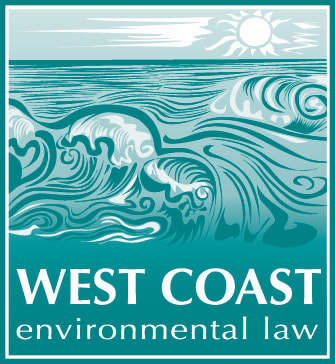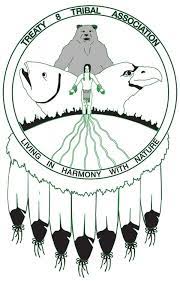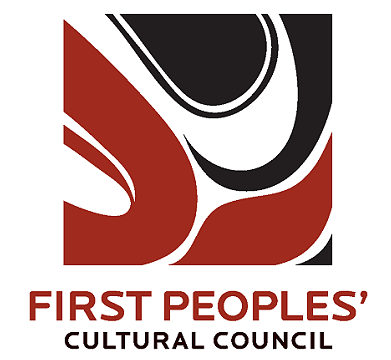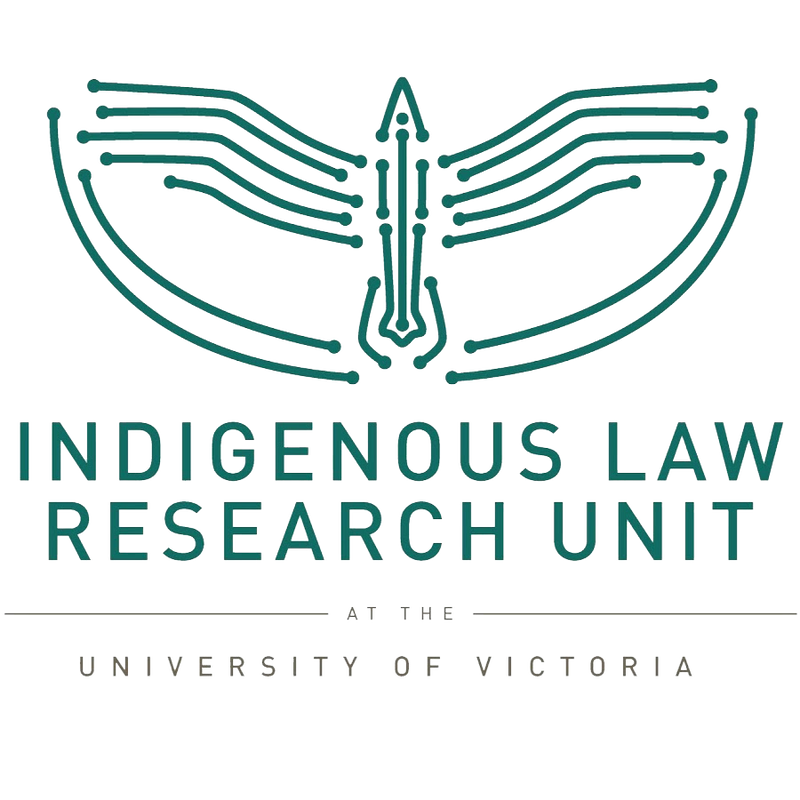FNFN's plan for self-determination, Reaching for Our Vision (2020) includes a Land Use Vision, which states "We are stewards of the land and we honor our treaty rights and responsibilities for our future generations. We recognize the need to balance economic security with respect for our traditions, culture and inherent connections to the lands, waters and creatures that sustain us." In our drive for land-based self-determination, we need to rebuild governance frameworks that are grounded in Indigenous knowledge and our own intellectual and legal traditions. To this end, the Fort Nelson First Nation 2020-2025 FNFN Strategic Action Plan mandated the Lands Department to begin revitalizing Indigenous laws related to land and water governance within the next 1 – 3 years.
Our laws are embedded in our stories. Our stories connect us to the land and to each other across generations. Connecting us to the social and intellectual lives of our ancestors, our stories reveal how they related to the world from within their own experience, history and traditions. Our stories help us identify and examine cultural norms and values that have guided relationships and behaviors throughout the generations. In this way, our stories tell us how to live and help us make sense of the world from within Dene and Cree ways of being. Our stories contain our law.
With Dene and Cree relations throughout the north, we are connected to diverse Indigenous legal traditions that cross present-day geographical boundaries and stretch back to a time long before Canada, its Indian Act and its Indian Reserves. These legal traditions can be accessed today through tohn’t onh wodihé – the “long ago stories” of the Dene, and achithookiwina – traditional stories of the Cree.
Since 2016, FNFN has been working to rebuild Indigenous laws for land and water governance in our territory, beginning with the RELAW project and continuing today.
Our laws are embedded in our stories. Our stories connect us to the land and to each other across generations. Connecting us to the social and intellectual lives of our ancestors, our stories reveal how they related to the world from within their own experience, history and traditions. Our stories help us identify and examine cultural norms and values that have guided relationships and behaviors throughout the generations. In this way, our stories tell us how to live and help us make sense of the world from within Dene and Cree ways of being. Our stories contain our law.
With Dene and Cree relations throughout the north, we are connected to diverse Indigenous legal traditions that cross present-day geographical boundaries and stretch back to a time long before Canada, its Indian Act and its Indian Reserves. These legal traditions can be accessed today through tohn’t onh wodihé – the “long ago stories” of the Dene, and achithookiwina – traditional stories of the Cree.
Since 2016, FNFN has been working to rebuild Indigenous laws for land and water governance in our territory, beginning with the RELAW project and continuing today.
Revitalizing Indigenous Law for Land, Water and Air
|
|
In 2016 FNFN collected Dene and Cree stories from community members as part of the Revitalizing Indigenous Law for Land, Air & Water (RELAW) project supported by West Coast Environmental Law and the University of Victoria. Interviews with community members were analyzed to draw out foundational legal principles from the stories. The principles highlighted in this analysis support FNFN policy development and intergovernmental negotiations. The RELAW project specifically focuses on Indigenous laws related to lands and waters, and this process of analyzing Dene and Cree stories set the foundation for further work in rebuilding Dene and Cree law in our lands and lives.
|
Living Laws
The Living Law project is designed to connect Dene and Cree cultural heritage to the land through our stories and to help us draw decision-making principles and processes from these stories to work through today’s environmental challenges. The Living Law project was funded by the First Peoples Culture Council and marked the beginning of Year 2 of a separate but related 3- year research partnership, Groundwork: Revitalizing Indigenous Land Laws with the University of Victoria and Treaty 8 Tribal Association.
|
|
The 2020 Living Law project began with a 2-day on-the-land community workshop held at Snake River cabin in FNFN, co-hosted by FNFN Lands Department and the Indigenous Law Research Unit (ILRU). Working with elders, youth, teachers and other community members from FNFN, Dene Tha and Acho Dene Koe, Lands Department staff, including Land Guardians, explored methods for engaging Dene and Cree traditional stories as a basis for environmental decision-making in Fort Nelson First Nation territory. We gathered to share our stories and to explore how they can be useful tools for helping us think through today’s environmental issues. A similar camp was held for Chalo high school students and teachers.
|
Rebuilding our Laws
This work involves interested and knowledgeable FNFN citizens in the work of engaging Dene and Cree stories to draw out Indigenous legal principles as a basis for improved environmental governance. We share and analyze Dene and Cree traditional stories, identify FNFN’s environmental challenges, priorities, and aspirations, and consider pathways for applying Indigenous laws in a governance framework that can address today’s environmental challenges.
This work continues conversations we started in the Living Laws project and creates further opportunities for more legal research and collaboration with community participants to draw out Dene and Cree law as a basis for understanding and responding to environmental challenges. In the end, we will have a collection of relevant Dene and Cree stories and a preliminary legal analysis to guide the development of a governance framework that can help us respond to today’s environmental challenges from within our own Indigenous legal traditions.
In the fall of 2021, we hosted a virtual dialogue series - Talking about Indigenous Law. We began by thinking about law and what "law" means to us. We explored stories as sources of Dene and Cree law. We explored topics relevant to land, law, governance and relationships with self and others. Most participants talked about the need for healing and for reconnection to the land, our stories, and each other. During the sessions, we talked
openly about issues like trauma, the effects of residential school, reconciling Dene and Cree traditions, gender oppression, and holding people
accountable for harmful behaviour as families and as a community. It became clear that these issues are fundamental to the rebuilding of our law and
governance.
As we engaged our stories in dialogue with today's issues it became apparent that no one authority, expert, or Elder can tell us what our law is. Rebuilding our law requires us to share and assess our stories as a community. Articulating legal rights, responsibilities, and processes will require public dialogue to achieve community legitimacy. It is not up to one person or group to decide what is lawful, it has to be a collective effort. Exploring questions of rights, responsibilities and legitimacy requires that we gather and share all the stories and lived experiences we have available to us. Each story can and will be interpreted differently by different people and differently by the same people in different contexts. By analyzing our stories and creating a shared meaning, we can create legitimate governance structures. To create shared meaning, we must do so in relationship with one another. By being in relationship and reconnecting to each other, we can begin to heal as a community.
The dialogue sessions are summarized in a Community Summary Report and in the graphic recordings below.
This work continues conversations we started in the Living Laws project and creates further opportunities for more legal research and collaboration with community participants to draw out Dene and Cree law as a basis for understanding and responding to environmental challenges. In the end, we will have a collection of relevant Dene and Cree stories and a preliminary legal analysis to guide the development of a governance framework that can help us respond to today’s environmental challenges from within our own Indigenous legal traditions.
In the fall of 2021, we hosted a virtual dialogue series - Talking about Indigenous Law. We began by thinking about law and what "law" means to us. We explored stories as sources of Dene and Cree law. We explored topics relevant to land, law, governance and relationships with self and others. Most participants talked about the need for healing and for reconnection to the land, our stories, and each other. During the sessions, we talked
openly about issues like trauma, the effects of residential school, reconciling Dene and Cree traditions, gender oppression, and holding people
accountable for harmful behaviour as families and as a community. It became clear that these issues are fundamental to the rebuilding of our law and
governance.
As we engaged our stories in dialogue with today's issues it became apparent that no one authority, expert, or Elder can tell us what our law is. Rebuilding our law requires us to share and assess our stories as a community. Articulating legal rights, responsibilities, and processes will require public dialogue to achieve community legitimacy. It is not up to one person or group to decide what is lawful, it has to be a collective effort. Exploring questions of rights, responsibilities and legitimacy requires that we gather and share all the stories and lived experiences we have available to us. Each story can and will be interpreted differently by different people and differently by the same people in different contexts. By analyzing our stories and creating a shared meaning, we can create legitimate governance structures. To create shared meaning, we must do so in relationship with one another. By being in relationship and reconnecting to each other, we can begin to heal as a community.
The dialogue sessions are summarized in a Community Summary Report and in the graphic recordings below.






